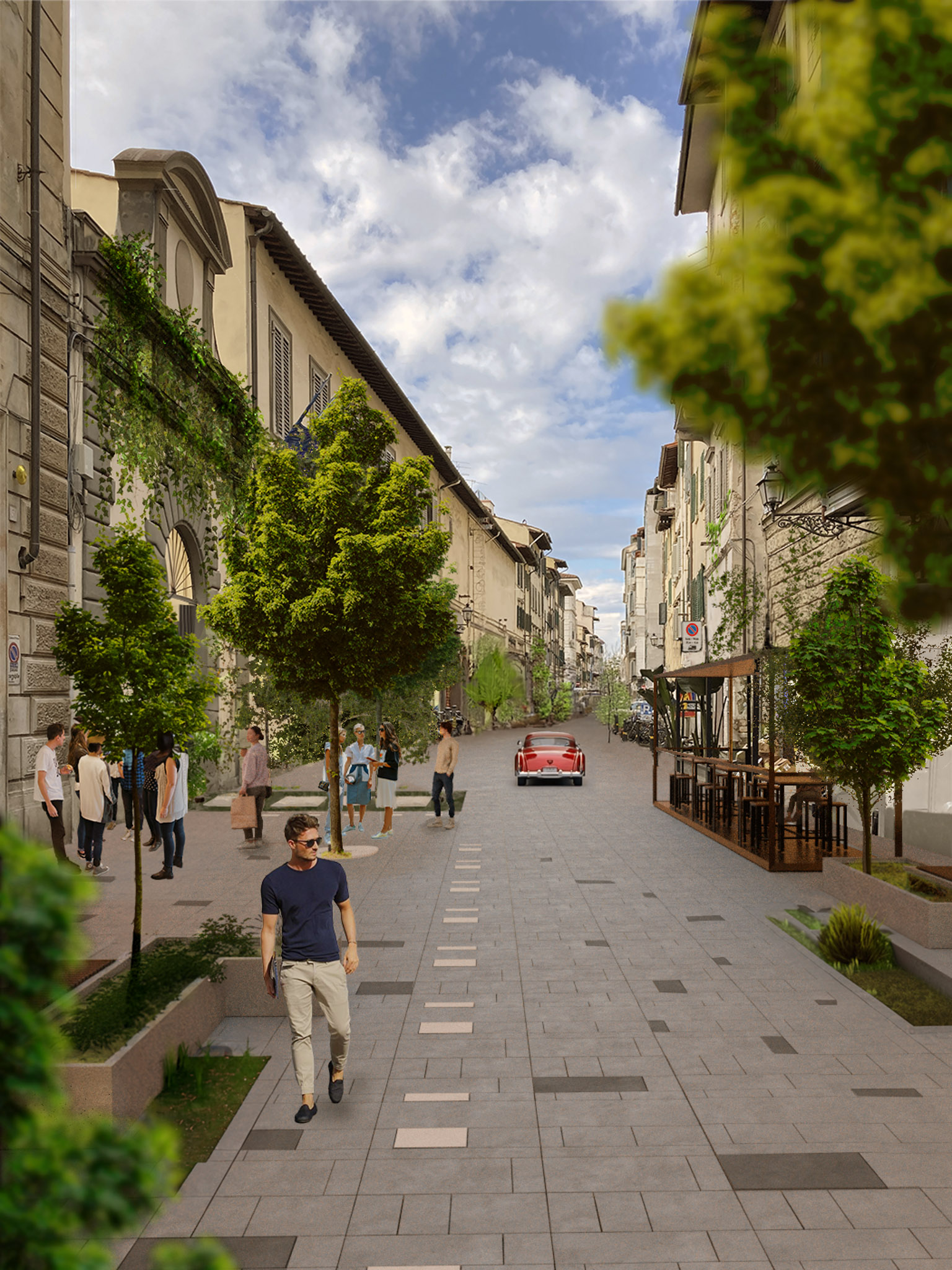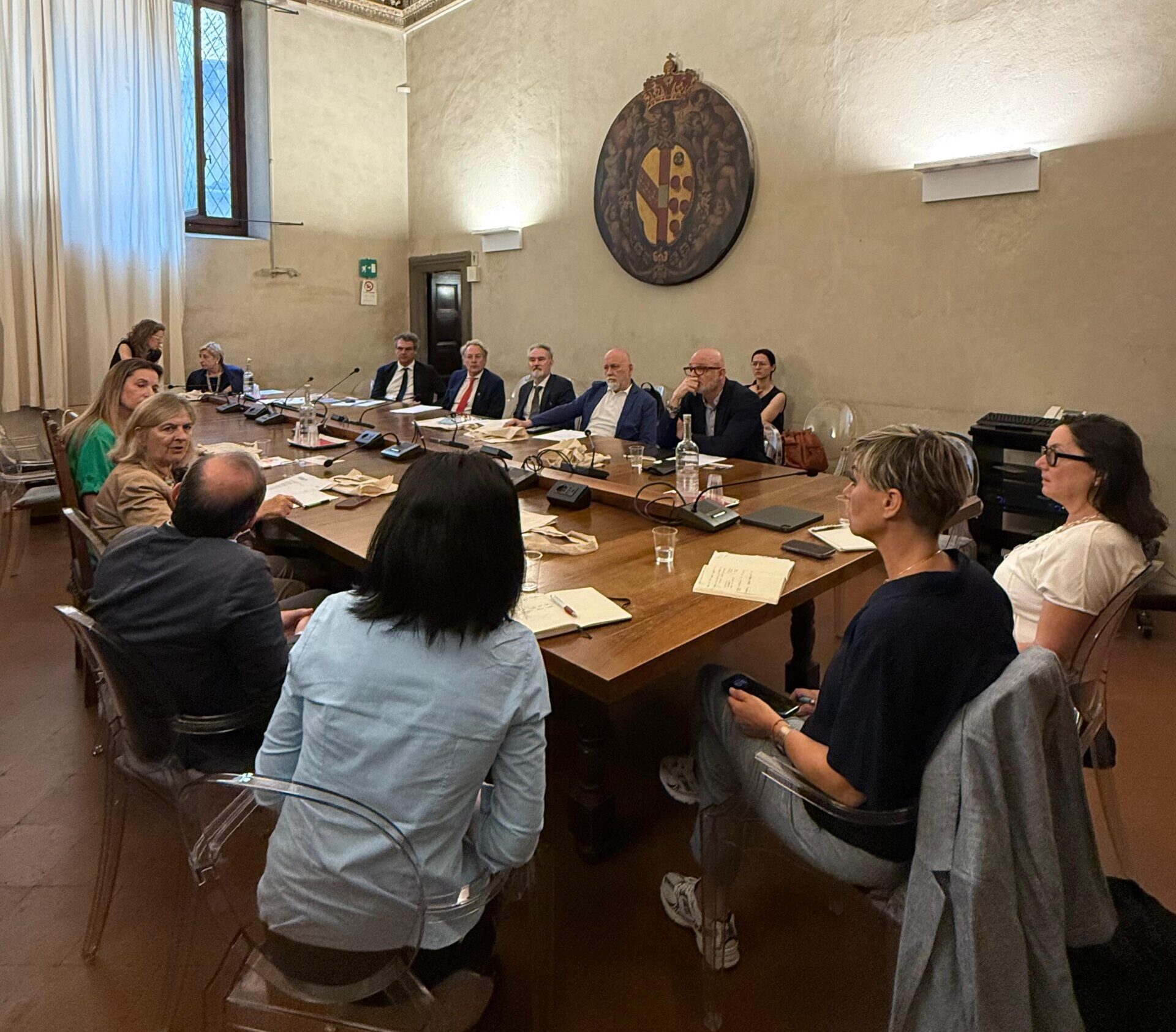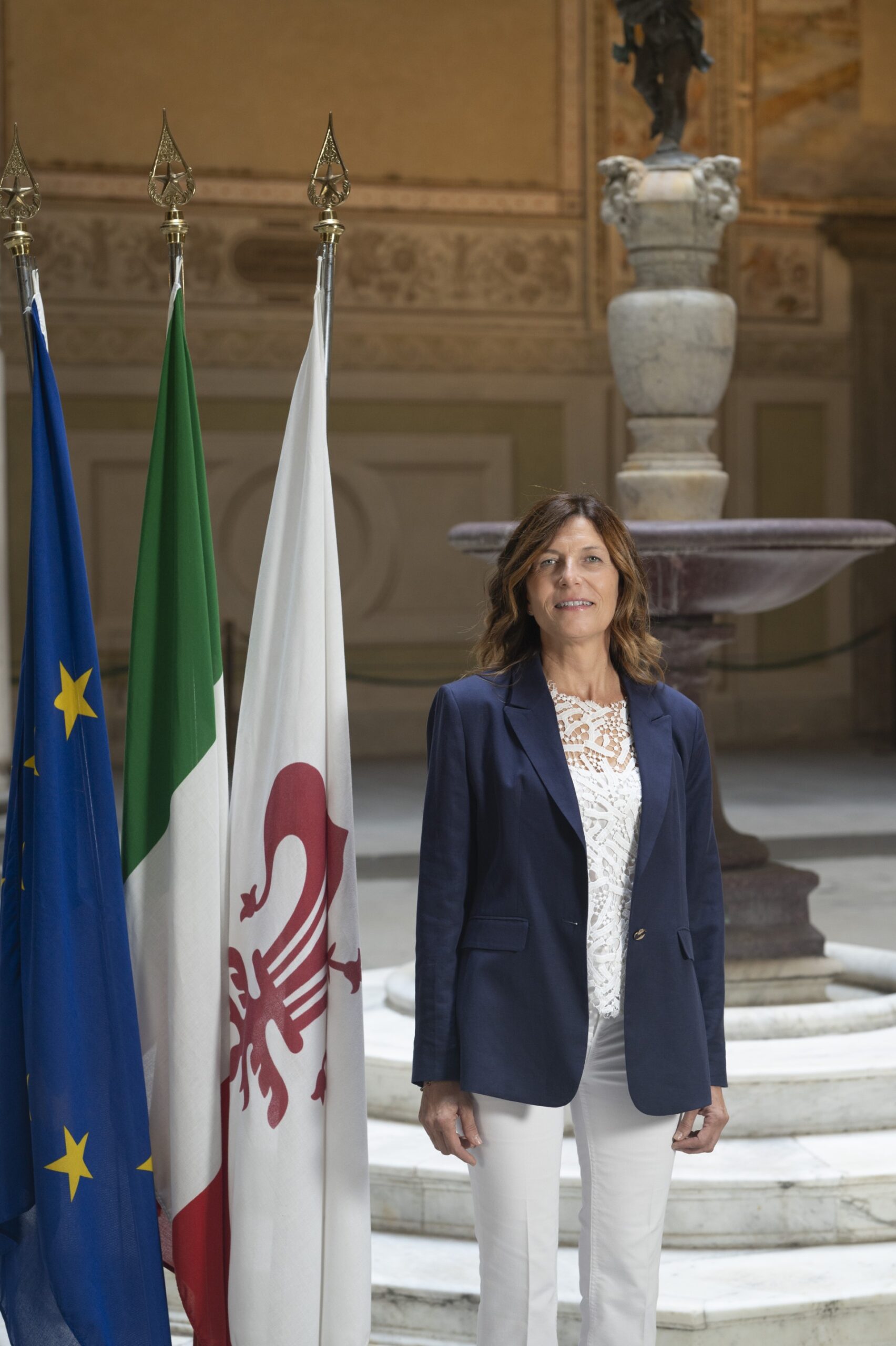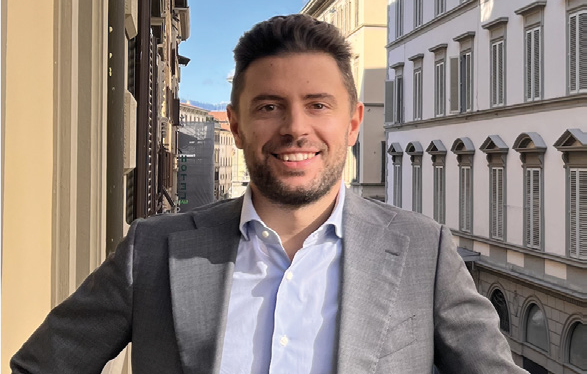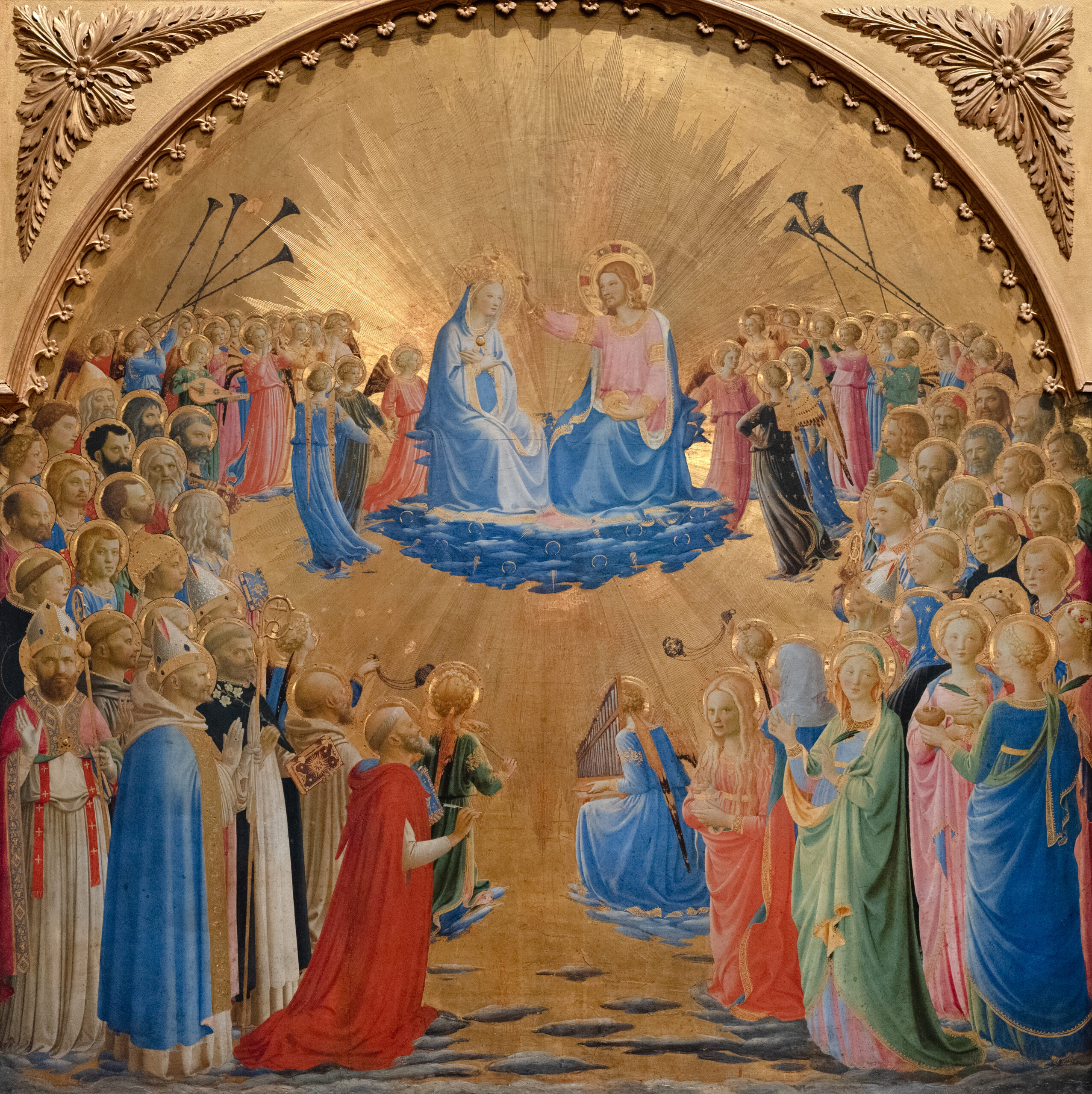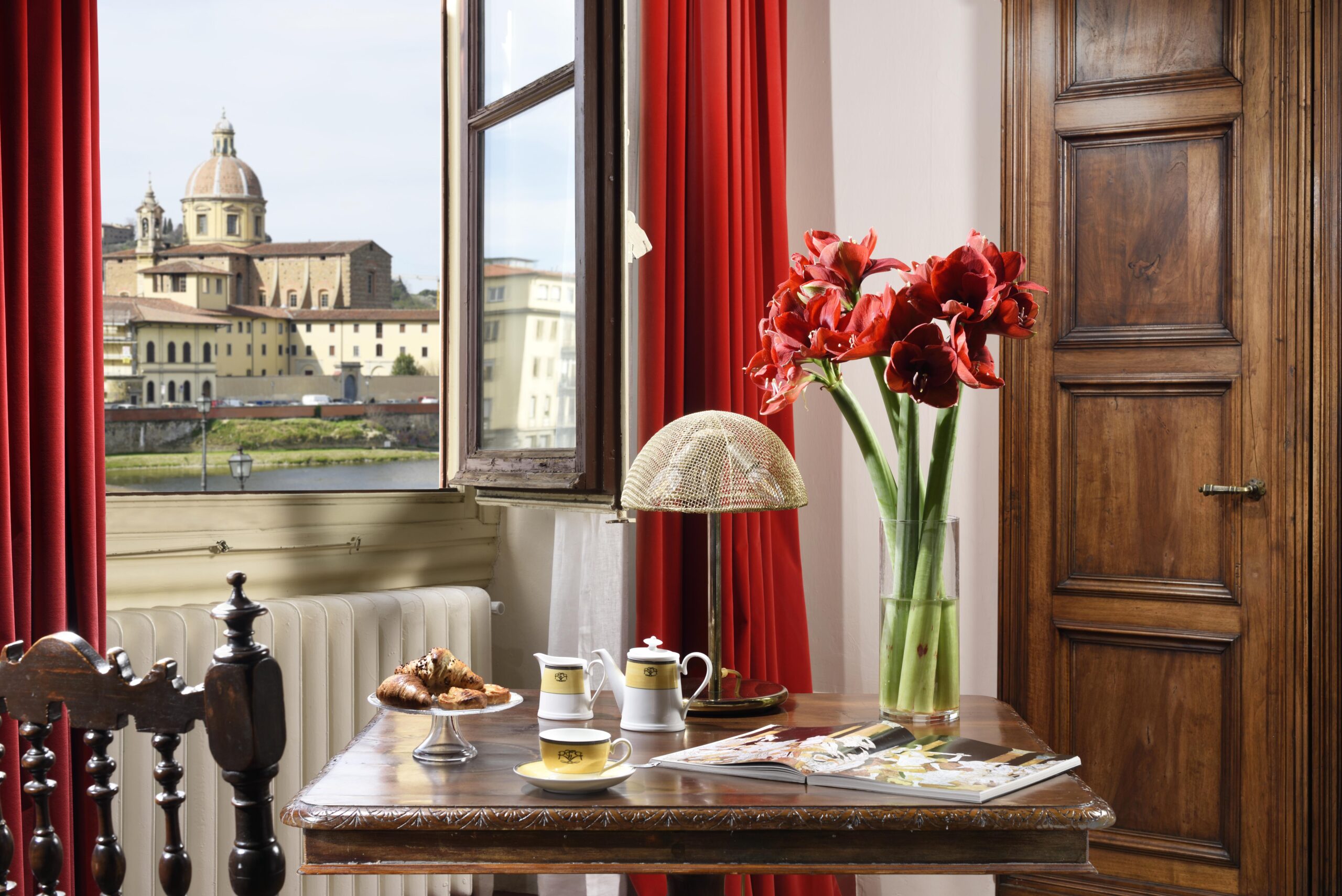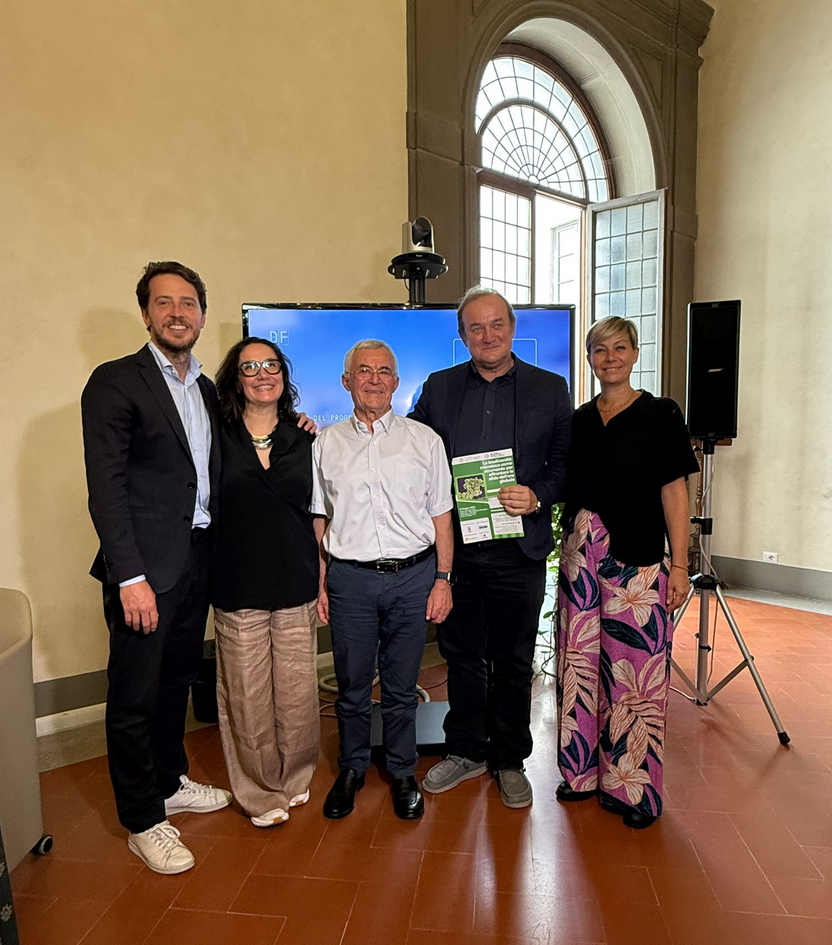Here, we speak with Guido Barocchi about the foundations of the various branches of the business as well as ideas for a more sustainable approach to tourism moving forward.
How did Caf Tour & Travel and Italy Breeze come about?
The Italian Travel Group has a long history, going back to 1923, when my father’s family founded a rental company with a driver in Florence to serve a high-class clientele who stayed in luxury hotels. As time passed, the Barocchi company grew a lot thanks to agreements with tour operators and international agencies. Tourism was very different from now, with communication taking place via telephone, telex and then fax. The slow pace required travel planning several months in advance, and the average stay in the city was much longer, today it’s rarely more than 3 nights. In the 1970s, when conferences began to be held more regularly in Florence, the Barocchi company organized transport for the most important conference events held in Florence and Tuscany, including the World Cancer Congress in 1974. The group now has 80 employees and has four distinct divisions, known as the Italian Travel Group: bus rental, car rental with driver, organization of tours and both shared and private activities, as well as a new brand, Italy Breeze, created in 2017 to satisfy the luxury sector. Today, with the pandemic behind us, the Italian Travel Group continues to evolve while still maintaining the structure of a family business.
How do you see the future of organized tours?
The organized travel sector, represented by Caf Tour & Travel and Italy Breeze, is perhaps the most challenging segment of tourism, as the evolution that this sector has had in recent years thanks to the internet forces us operators to continuously develop the technological and product sides. An organized tour can be a guided visit to a museum or a complex multi-day tour that goes from the north to the south of Italy. The average expenditure of travellers for tours and activities is increasing more and more along with the demand. The point is precisely this: if demand continues to grow, what will be the challenges over the coming years? Today’s traveler has much more varied and complex needs than those of 15/20 years ago. The end customer has changed because the number of those who can travel has increased, the demand has therefore changed from a push to a pull logic. Previously, it was the operators who guided the customers, today, thanks to technology, it’s the customer who leads in the creation of packages aimed at their own preferences. The possibilities are endless, so it’s up to the traveler to choose the solution that appeals to them most in terms of attractiveness and convenience, and each company has the task of choosing its own target!
What are your tips, ideas and opinions for a more sustainable management of tourism in Florence?
For me, there are two interconnected answers. Companies will continue to invest in their own areas; for example, during the pandemic we created a technological start-up, and in the autumn we will release a new platform with tourist packages that can be sold directly online. It’s a very interesting project created with other historic operators in the sector that sees technology as an enabling factor for the sale of complex packages. All of this, however, and this ties into the second point, must be linked to a strategic tourism planned at a local and national level. It’s very complex, but our task is to bring to the institutions a clear vision of what tourism should represent in Florence, in Tuscany, and in the rest of Italy: what are the skills involved, and which flow policies should be adopted. I hope that we can first rethink a national plan aimed at providing clarity and that this would become the basis for operational planning at the regional and municipal levels. We must be able to offer our unique artistic, cultural, gastronomic and environmental heritage without turning our cities and villages into amusement parks. We have all it takes to succeed in this aim, I’m sure of it!



